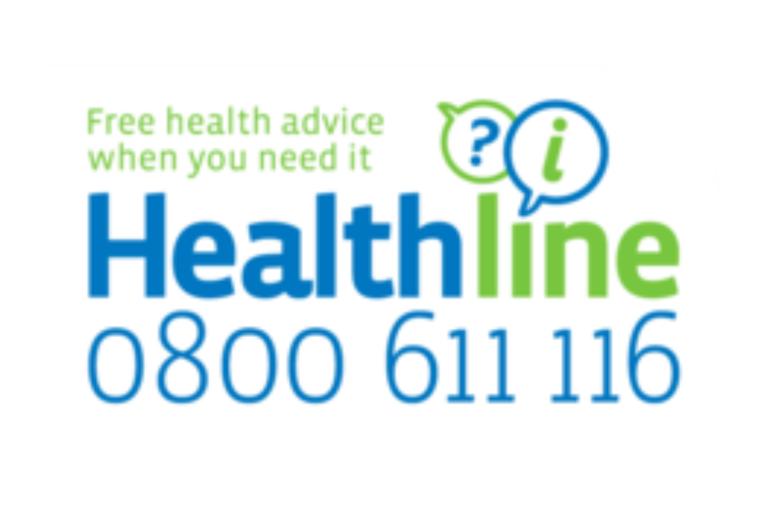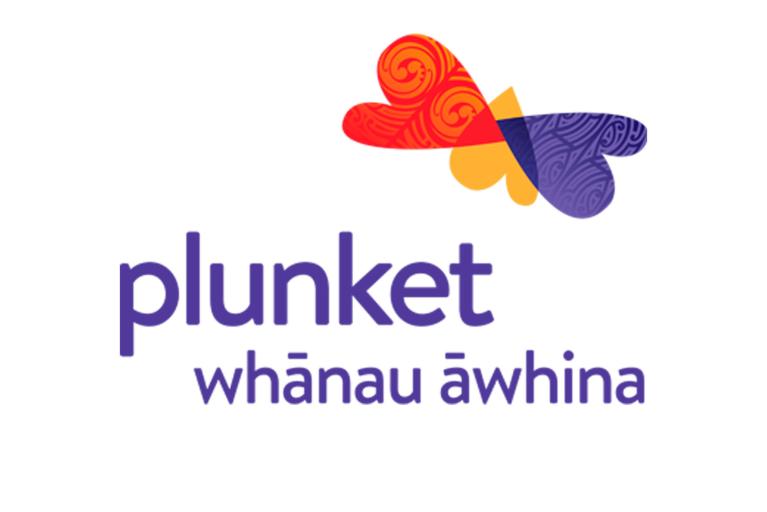Key points about preparing your child for hospital
- it is important to give tamariki (children) information simply and truthfully, in words they understand
- tell them that they will be going to hospital and what they may expect to happen there
- a prepared child will find it easier to cope with their hospital experience
What if I am worried or anxious about my child's hospital visit?
These are normal and natural feelings. But, with adequate preparation, a stay in hospital can be a positive experience. You will feel more at ease if you are well informed and have support arranged for you and your whānau. A relative or family friend may be able to help with visiting or care of any other tamariki you have.
Talking with your child about their hospital visit
It is important to give tamariki information simply and truthfully, in words they understand. Tell them that they will be going to hospital and what they may expect to happen there.
Reassure your child that someone can stay with them in hospital.
A prepared child will find it easier to cope with their hospital experience. See the KidsHealth page on helping your child manage their treatment for more information.
Helping Your Child Manage Their Treatment
What to find out before your child's hospital visit
Before your child's hospital stay, find out as much as possible about what will happen, such as:
- how long will your child need to stay?
- can you be present during procedures such as x-rays and scans?
- can brothers and sisters visit at any time?
- what facilities are there for you to stay with your child?
- if your child needs an anaesthetic, can you be with them when the anaesthetic is given and in the recovery room afterwards?
- if your child has special needs, is the hospital aware of these and what support is available?
- is there a pre-admission or play preparation programme to help tamariki understand what will happen?
What to bring to your child's hospital visit
Clothing
It can be a good idea to involve your child in packing a bag to take to hospital, if possible. Tamariki can usually wear their own clothes or nightwear if they wish, so pack these.
Toys and books
Pack something familiar and comforting, such as a cuddly, a favourite toy or game or pictures of family. You can pack some activities such as books or colouring in case they feel up to it.
Equipment
If your child has special needs, you will need to bring any mobility aids and any other resources that they normally need or use. Bring the car seat, if applicable, for when your child leaves the hospital.
Your own bag
Don't forget to pack a bag for yourself or the person who will stay with your child. Bring clothing and something to occupy you when needed such as a book. It may be helpful to have money on hand for snacks.
How play can help children in hospital
Play is familiar and reassuring. It's how tamariki make sense of the world around them. In hospital, it helps tamariki to learn and develop and to feel less anxious. It also helps them to express their feelings, understand what is happening and cope with treatment.
Many hospitals have play specialists who can suggest how best to prepare your child.
How to make a hospital visit easier for your child
It is important to be with your child as much as you can so that they continue to feel loved and safe. Younger tamariki especially will cope with the hospital experience best if a parent or other trusted person stays with them.
If you have to leave, tell your child that you are going, and leave confidently, even if this causes distress. Make sure your child’s nurse knows you are leaving and when you will be back.
Talk to your child about timelines that make sense to them. For example, tell them you'll be back after lunch or as long as it takes to watch a favourite movie.
What to expect when you child returns home from hospital
When tamariki go home, it is common for them and their brothers and sisters to need extra love, patience and attention until they feel secure again.
It is likely that your child's behaviour may change for a time. They may worry more about things in general, particularly their health or minor injuries. They may be more 'clingy' or babyish. Eating and sleeping habits may change. They may be fearful in situations that remind them of hospital or of illness. All of these are very common reactions and should pass in time.
Opportunities to share their feelings, to talk about their experience if they want to, and to play 'hospitals' will help. Older tamariki may also like to draw pictures or make a book about their hospital stay.
When to get help if you are worried about your child after their hospital visit
If you are worried or if your child's changed behaviour continues beyond a few weeks, you could contact:
- your family doctor
- the charge nurse or social worker on your child's hospital ward
- the Hospital Play Specialists Association
- Whānau Āwhina Plunket
- PlunketLine on 0800 933 922
- Healthline on 0800 611 116
Healthline is available 24 hours a day, 7 days a week on 0800 611 116. Call Healthline if you need advice about a child of any age who is unwell, hurt, or has any symptoms of sickness. It's free to callers throughout New Zealand, including from a mobile phone.
PlunketLine is available 24 hours a day, 7 days a week, on 0800 933 922 for advice and support for you, your baby and your whānau. Calls are free from cell phones. You do not need to be registered with Plunket to use this service.


